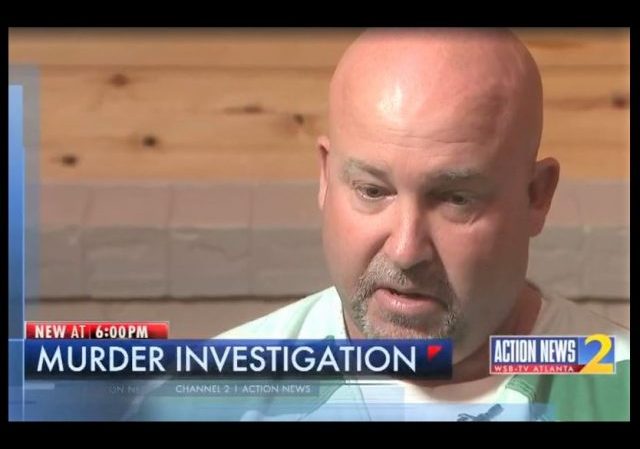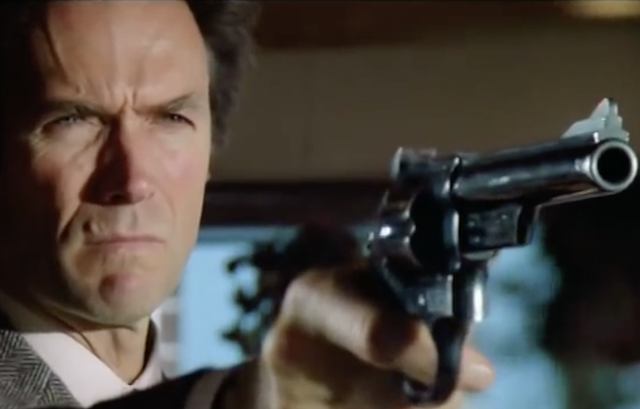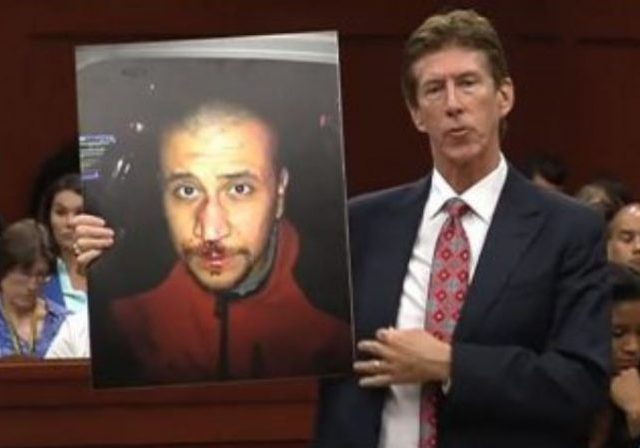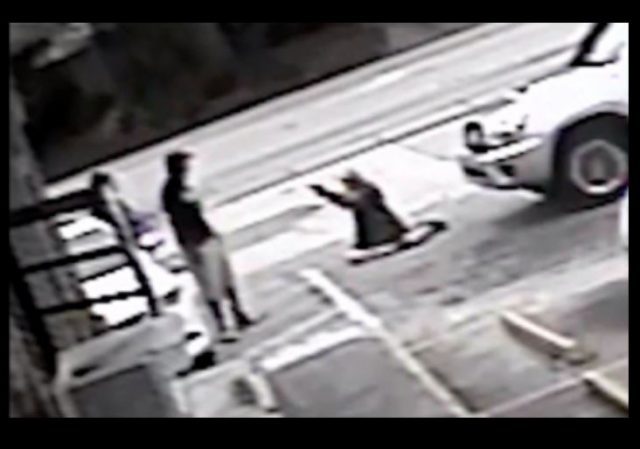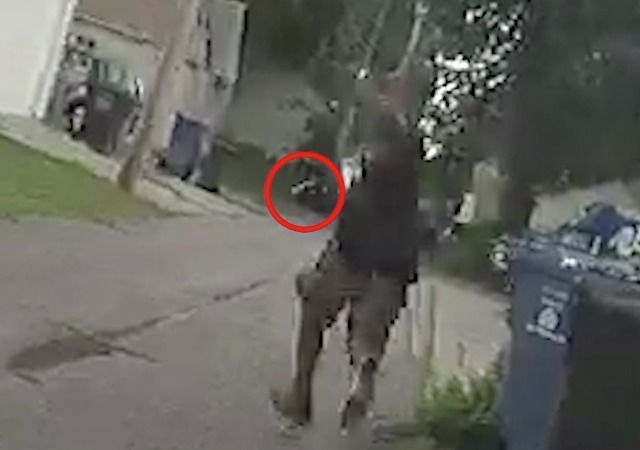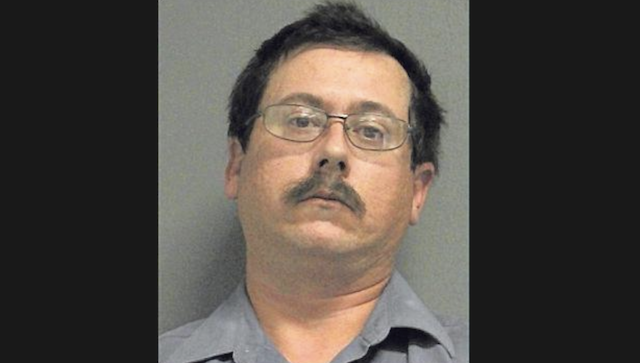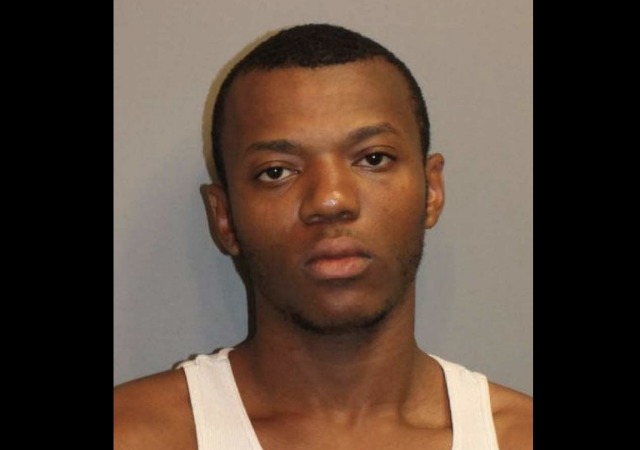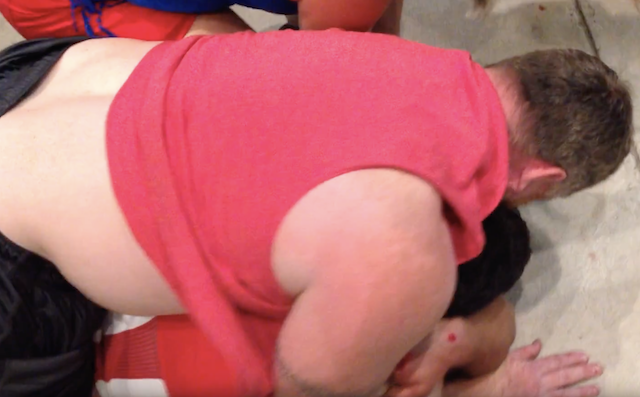Several Strategies for the Aftermath of Self-Defense
on September 29, 2018
21 Comments
This “Case of the Week” involves a shooting death in Oconee County, GA one that on the surface has the trappings of self-defense. The purported defender promptly shredded those trappings from the first moment he spoke with law enforcement.
In other words, this is a classic example of how not to interact with police in the aftermath of a use-of-force event.

